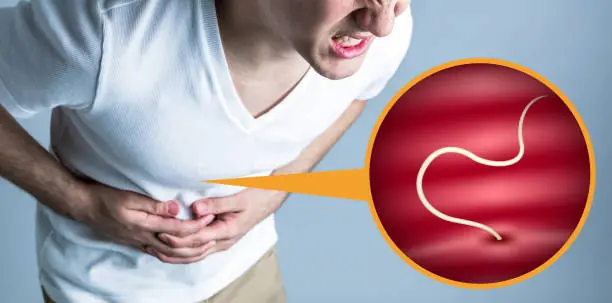
Scientists Discover Body’s ‘Kill Switch’ Capable of Destroying Cancer Cells
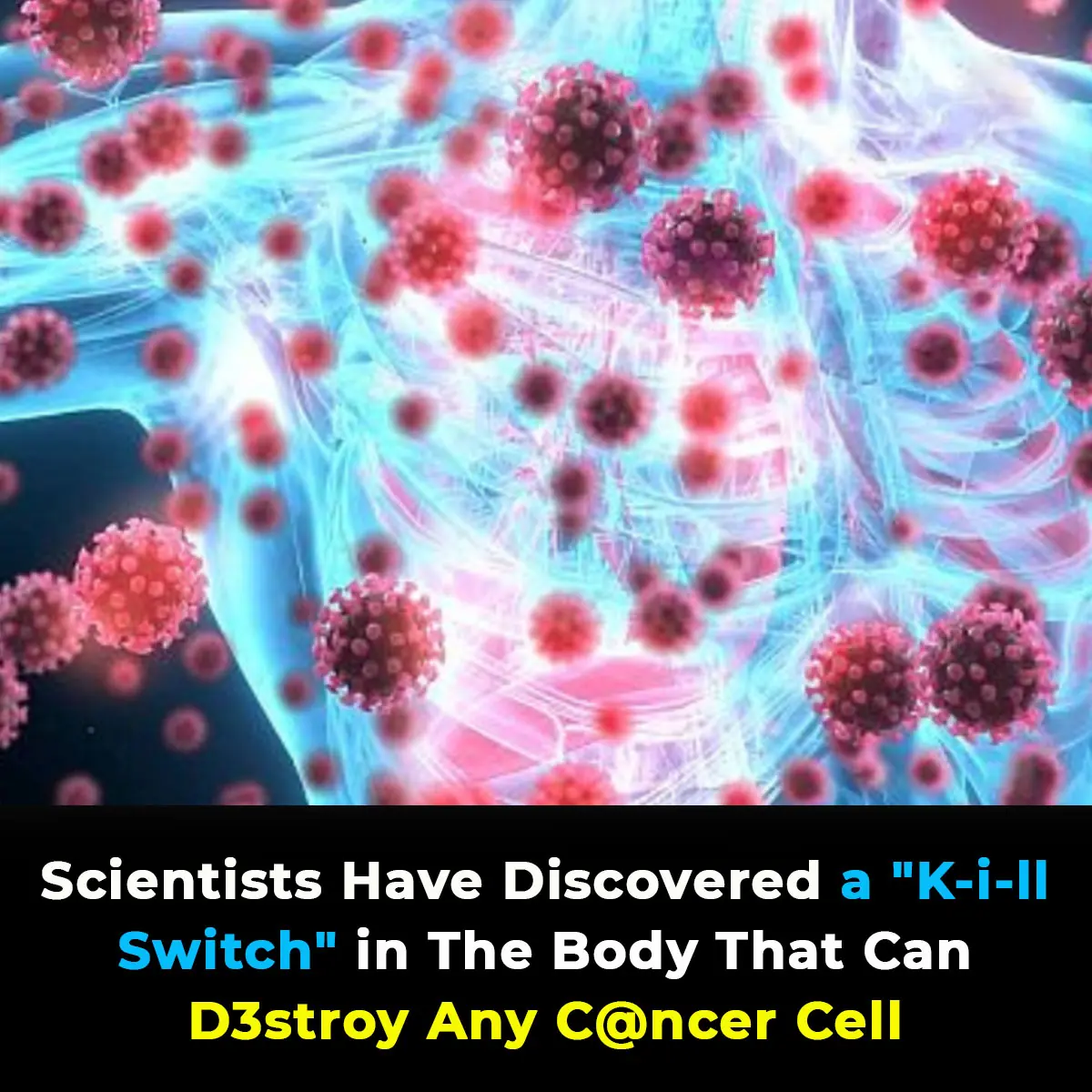
In a significant breakthrough, researchers at the UC Davis Comprehensive Cancer Center in Sacramento, California, have identified a promising new avenue for cancer treatment. Their study, published in the journal Cell Death & Differentiation, reveals that CD95 receptors—also referred to as Fas or “death receptors”—can trigger a self-destruction process within cancer cells. These receptors, located on the surface of cells, when activated, set off a series of molecular events that lead to cell death. While their role in regulating cellular balance has been known, their potential for cancer treatment is only now coming to the forefront. "Previous attempts to target this receptor have not been successful. However, now that we have identified this epitope (target), there may be a viable therapeutic pathway for targeting Fas in tumors," explained Jogender Tushir-Singh, senior author of the study and associate professor in the Department of Medical Microbiology and Immunology.
Currently, conventional cancer treatments include surgery, chemotherapy, and radiation therapy. Additionally, immune-based therapies, such as CAR (chimeric antigen receptor) T-cell therapy, have been used, although their effectiveness is generally limited to certain cancer types. “While CAR T-cell therapies have seen moderate success in treating liquid tumors, like leukemia, achieving long-term remission remains the biggest hurdle,” Tushir-Singh noted.
The findings from this study indicate that targeting the Fas epitope may help overcome resistance to treatment by inducing programmed cell death. This approach not only holds promise for improving the effectiveness of current immunotherapies but could also expand their use to treat solid tumors. "The success of CAR-T therapy appears to depend on off-target killing by Fas," Tushir-Singh added. He further emphasized the importance of screening cancer patients for Fas presence in their tumors before undergoing CAR-T therapy.
This discovery offers renewed hope in the battle against cancer, potentially leading to more effective treatments and better patient outcomes.
News in the same category


Scientifically Proven Health Benefits of Avocado and Avocado Seeds

An Eye Specialist Explains What To Do If You Begin To See “Floaters”

10 W@rning Signs It’s Time to Cut Back on Caffeine
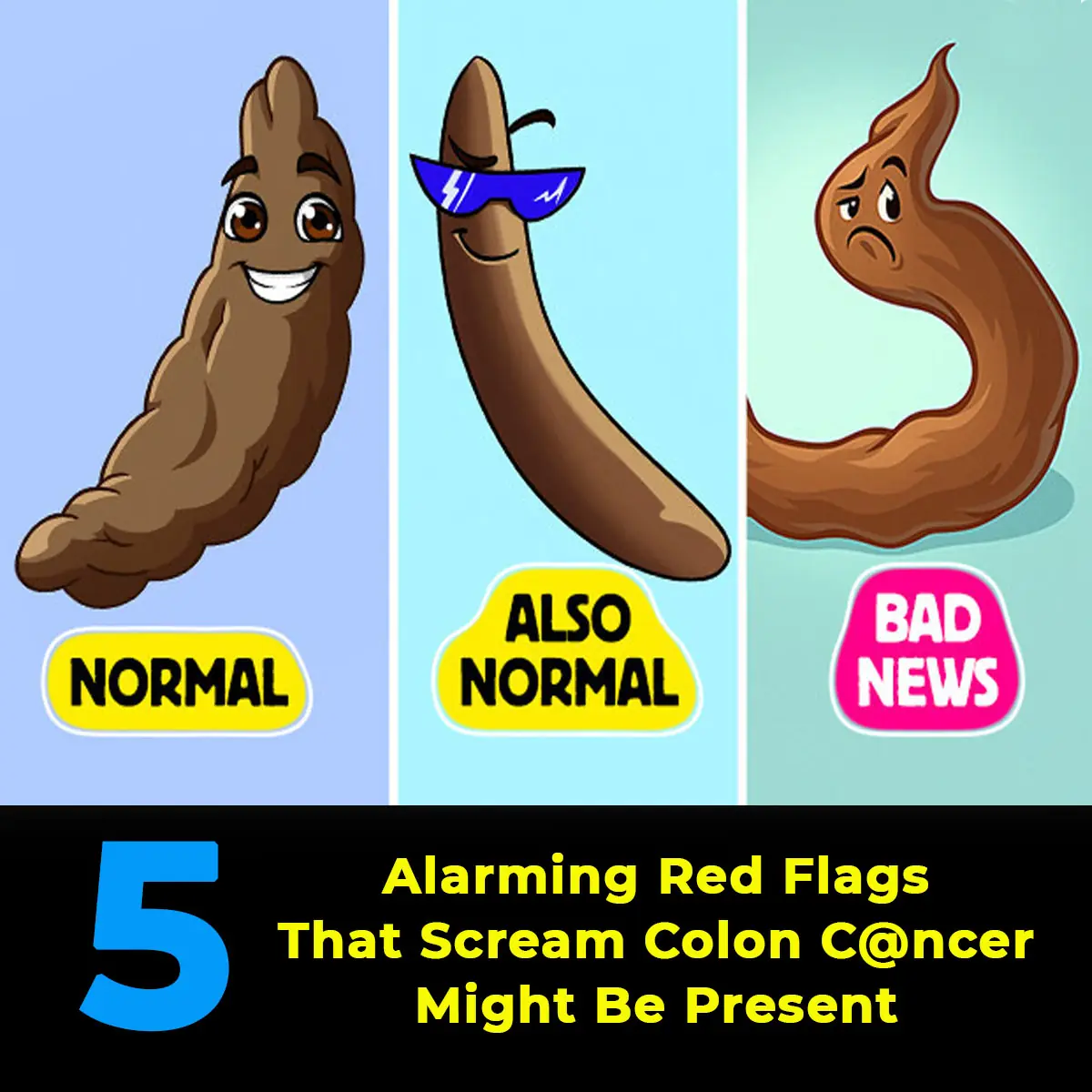
5 Early Signs of Colon Cancer You Shouldn’t Ignore

Native American High Schooler Discovers Cancer-Fighting Properties in Traditional Chokeberry Pudding

Be Careful If You’re Farting More Than 25 Times a Day—It Might Be a Sign Your Body is Trying to Warn You
Passing gas up to 25 times a day can be considered normal - but when you notice a sudden increase, especially if it's paired with discomfort or other symptoms, it's time to tune in.

The Healing Benefits of Cloves: Natural Remedies for Improved Wellness

13 Warning Signs of High Blood Sugar and 9 Ways to Take Control of Your Health

If You Have These Tiny Red Dots On Your Arm, Do Not Ignore The Warning Signs

The Truth About “Old Person Smell”: What Causes It And How To Get Rid Of It

Scientifically Proven Health Benefits of Lemons (Including Lemon Water)

If you drink cucumber water every morning, this is what happens to your body
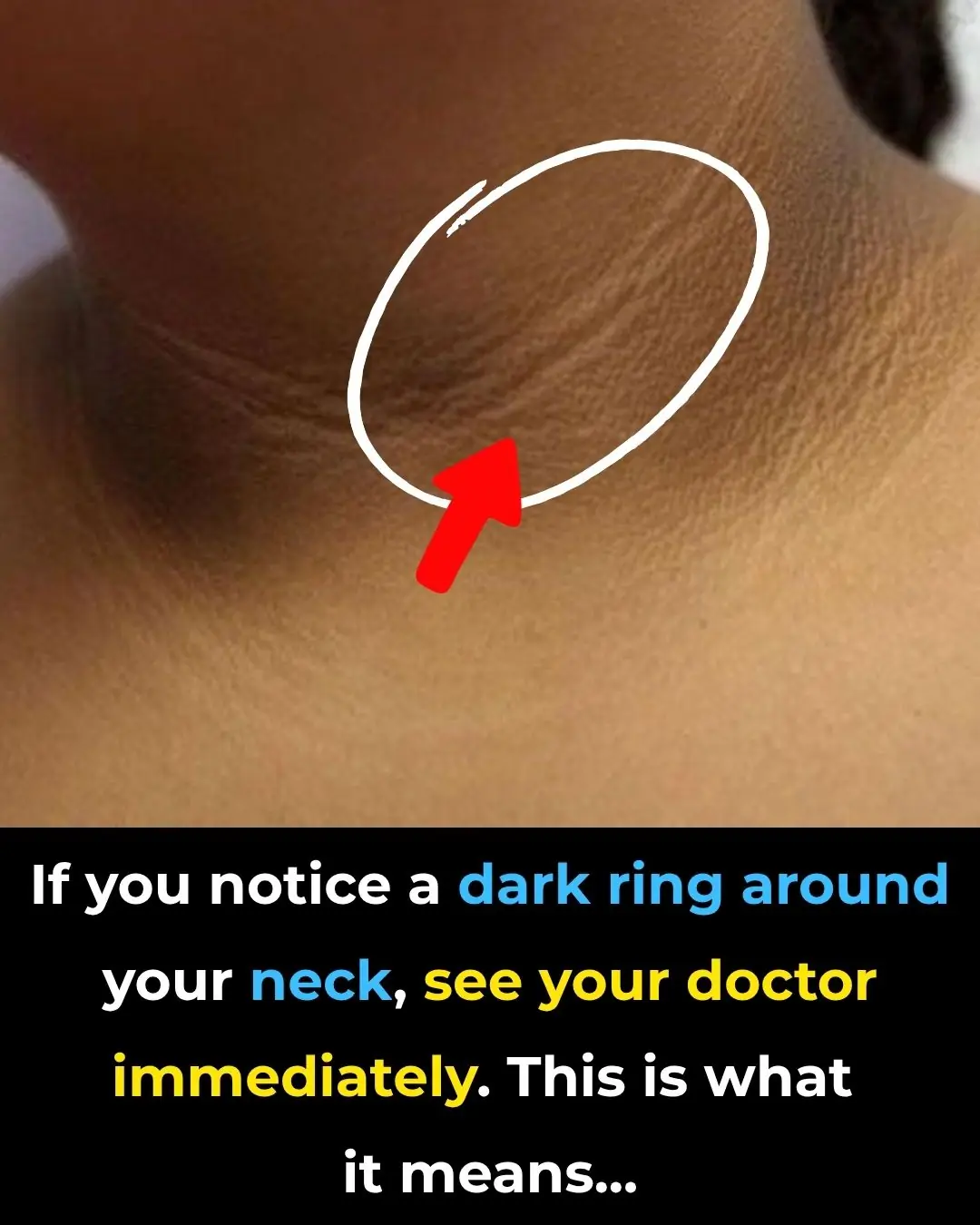
If You Notice a Dark Ring Around Your Neck, Go See Your Doctor Immediately! This Is What It Means

Health Food & Nutrition Beauty Aromatherapy Animals
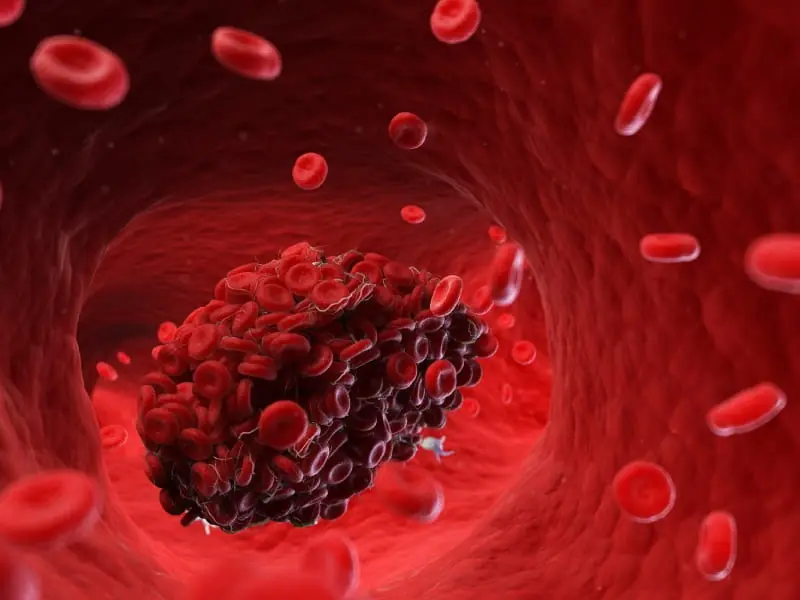
Cardiologists Say This Common Habit Is a Blood Clot Risk

‘Ghost Boy’ Wakes Up From Coma After Being Trapped For 12 Years—What He Heard the Whole Time Will Haunt You

What Staying Up Late Every Night Really Does to You—Massive 24,000 Person Study Reveals the Truth
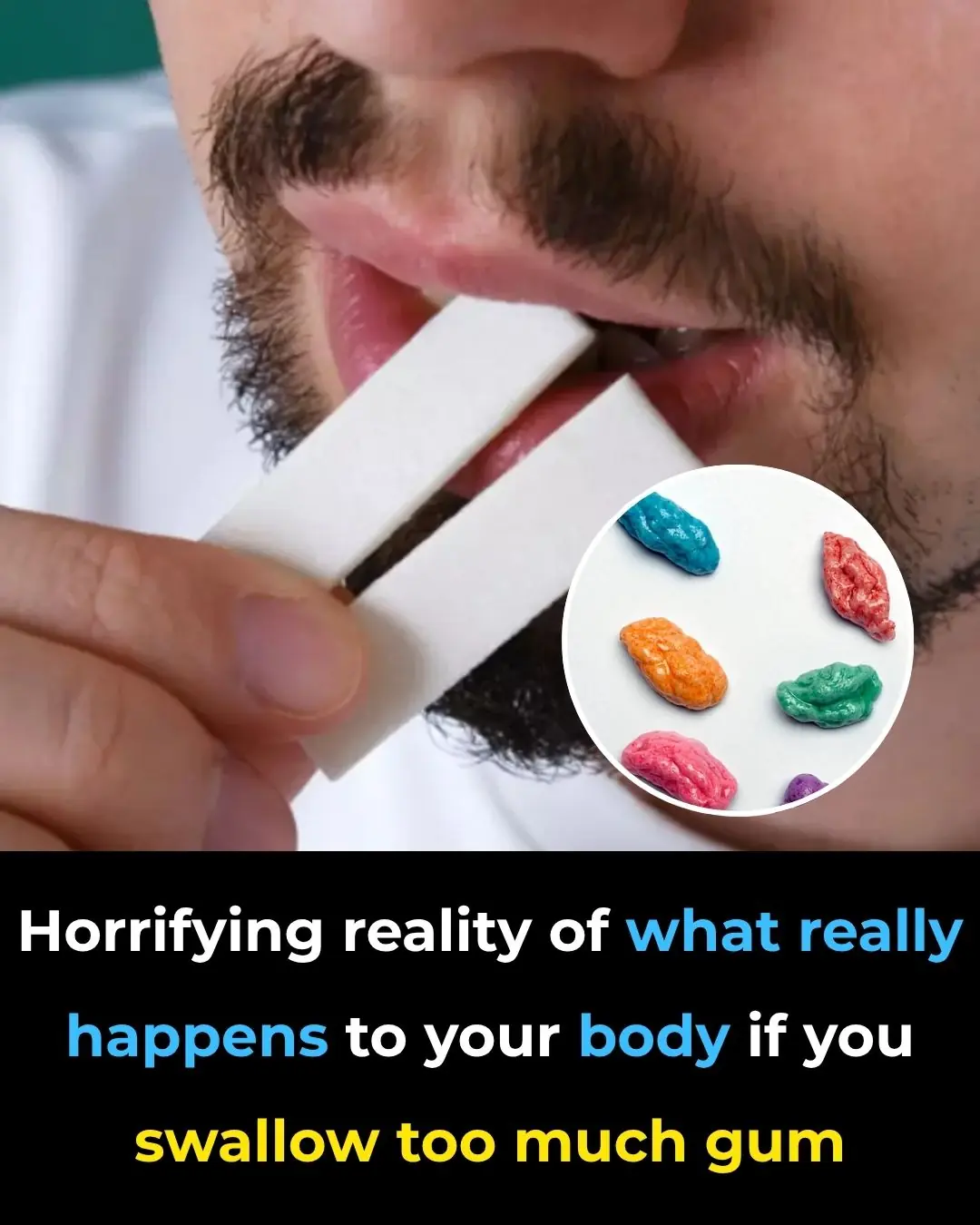
Horrifying reality of what really happens to your body if you swallow too much gum
News Post

How to Tell If You Have Intestinal Parasites and What to Do About That

Scientifically Proven Health Benefits of Avocado and Avocado Seeds

An Eye Specialist Explains What To Do If You Begin To See “Floaters”

A Double Cheeseburger and 75 Years of Love.
It was just a regular evening at Wendy’s. I had stopped in for a quick bite—nothing fancy, just a double cheeseburger, fries, and a moment of peace before heading home.

My Own Daughter Stole My Retirement Savings to Buy a House for Herself

People Share the Best Cases of Instant Karma They've Witnessed

4 Intriguing Stories Where Karma Delivered Unexpected Payback

My Stepfather Left Me His $640K Estate While My Mom and Stepsister Got $5K Each – What They Did When the Will Was Read Shocked Me

40-Year-Old Parrot Waits Alone for 2 Weeks in Empty Home, Collapses After Finally Being Rescued
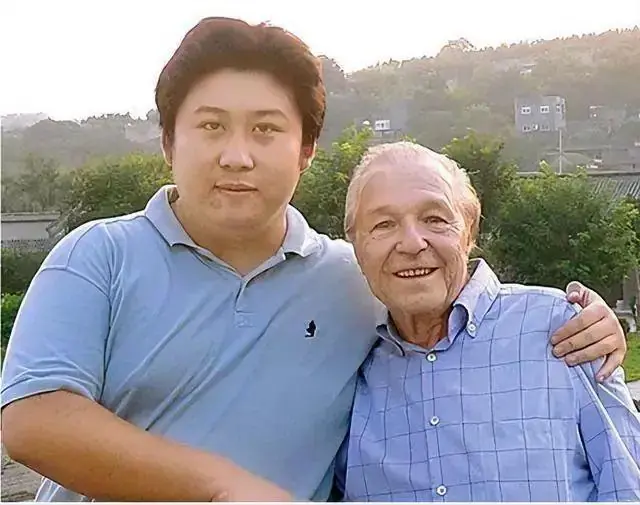
The Meteor That Changed Two Lives: A Story of Unlikely family

Michael Clarke Duncan: A Giant of Strength, and Heart.

A New Pair of Shoes— and a Lesson in Kindness.

A New Pair of Shoes—and a Lesson in Kindness.

I Set Off in My RV to Scatter My Mother’s Ashes But Met a Man Who Revealed a Shocking Family Secret

After 14 Years of Marriage, I Found My Husband’s Second Phone—Then a Message Popped Up, ‘Can’t Wait to See You Again Tonight’

Is the Green Ring on Your Egg Dangerous? Experts Reveal the Truth
If you are one of those people who prefer their eggs hard-boiled, you have certainly noticed that green color ring around the yolk.

10 W@rning Signs It’s Time to Cut Back on Caffeine

5 Early Signs of Colon Cancer You Shouldn’t Ignore

If You Have Cabinets Above Your Fridge, Here’s What They’re Actually For
